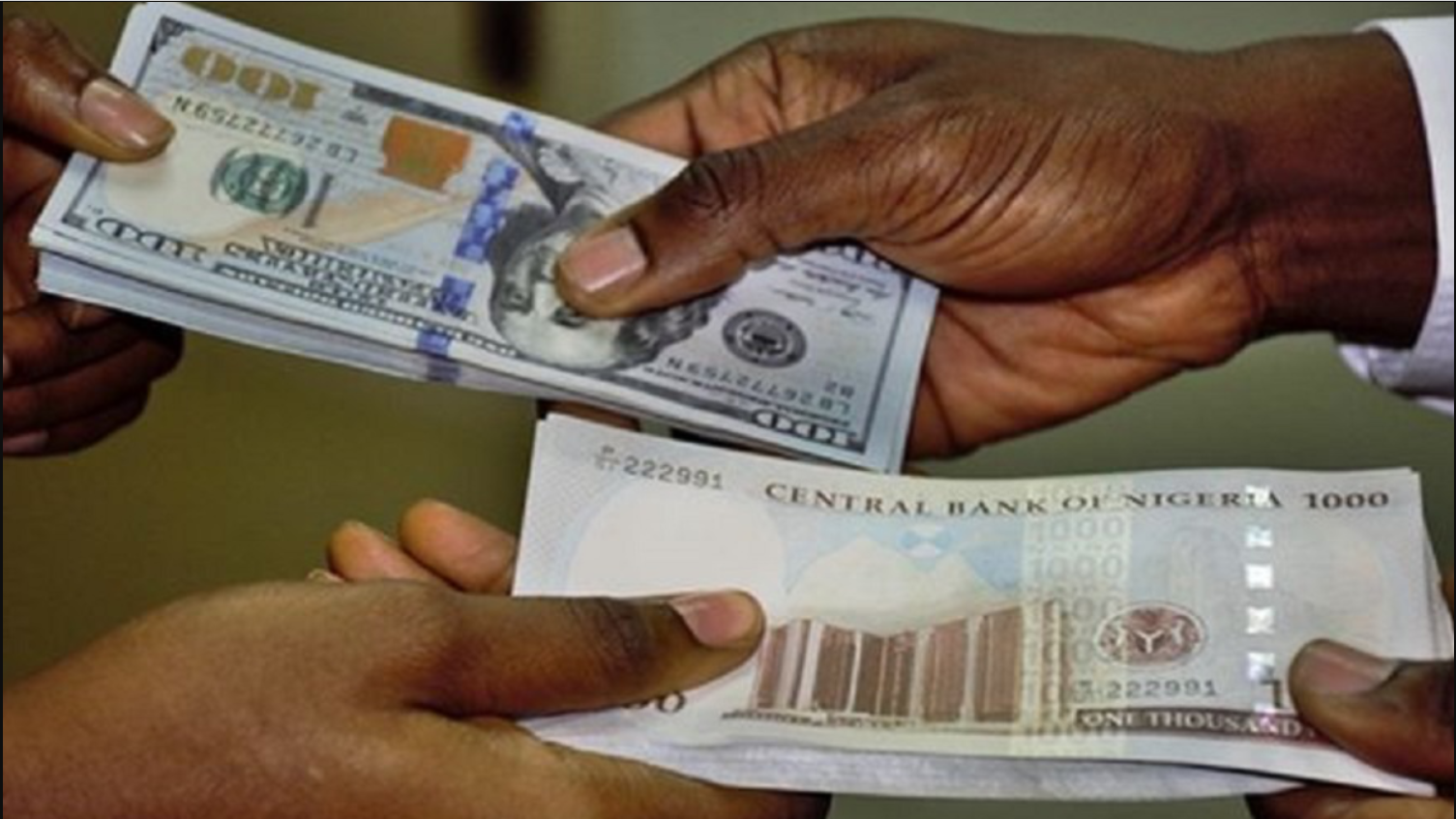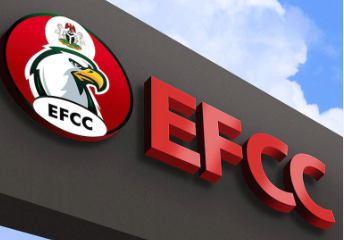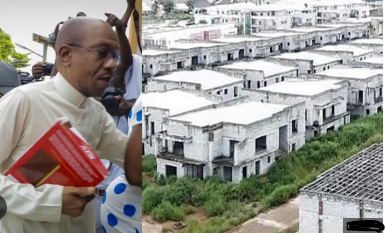Nigerian banks are struggling to meet the demand of Personal Travel Allowances amidst dollar scarcity, leading to rationing of forex supplies and leaving many customers in the lurch.
The Central Bank, in its efforts to manage the forex market, had assured that PTAs and other invisible transactions would continue to be accessible through banks at the prevailing I&E window rate.
However, in practice, many Nigerians are finding it increasingly difficult to access forex through official channels, leaving them with no choice but to turn to the parallel market.
A survey of several commercial banks in Lagos has shown that most institutions are struggling to keep up with the demand for forex, and in many cases, they simply have nothing to sell.
READ ALSO: CBN orders banks to unfreeze accounts of crypto, fintech companies
As a result, customers are left with no choice but to explore alternative sources, such as the black market, to meet their forex needs.
When questioned about the situation, a manager at one of the commercial banks, who preferred to remain anonymous, disclosed that forex is typically sold to at most two customers per week, but there are often periods when they have nothing to sell.
Another bank executive stated that their branch hadn’t sold dollars as PTA or travel allowances in weeks, and customers were frequently redirected to larger branches.
The frustration of customers has led many to resort to the black market to secure their much-needed supply of forex, especially now that the disparity is not as wide.
Previously, the disparity between the official and parallel market rates created an advantageous situation for customers purchasing forex through PTAs.
However, with the convergence of the two rates, the benefit of buying from official sources has largely evaporated, pushing more individuals towards the parallel market.
Asides from possible speculations against the naira, one of the contributing factors to the high demand for forex is the phenomenon of Nigerian youth seeking better opportunities abroad.
The increasing number of Nigerian youth emigrating is seen as a significant factor contributing to the heightened demand pressures on the forex market.
READ ALSO: Banks increases daily ATM cash withdrawal to N200,000
Unfortunately, the limited supply of forex available to meet the needs of all these individuals and factors has resulted in the depreciation of the country’s currency.
During the last monetary policy committee meeting of the Central Bank, acting governor Fola Shonubi acknowledged that the ongoing forex volatility is primarily attributed to the limited supply of foreign currency.
He expressed optimism that once the supply issues are addressed, the volatility is likely to reduce.
The growing demand pressure on the parallel market has led to a significant widening of the gap between the official and parallel rates.
Last week, the parallel market rate plummeted to as low as N870/$1, while the official rate remained at N775/$1.
This growing divergence is now a growing cause for concern as it threatens the forex stability envisaged following the unification of the naira.

 Entertainment1 week ago
Entertainment1 week ago
 Entertainment4 days ago
Entertainment4 days ago
 Comments and Issues7 days ago
Comments and Issues7 days ago
 Comments and Issues7 days ago
Comments and Issues7 days ago
 Business1 week ago
Business1 week ago
 Health6 days ago
Health6 days ago
 Comments and Issues7 days ago
Comments and Issues7 days ago
 Football6 days ago
Football6 days ago













